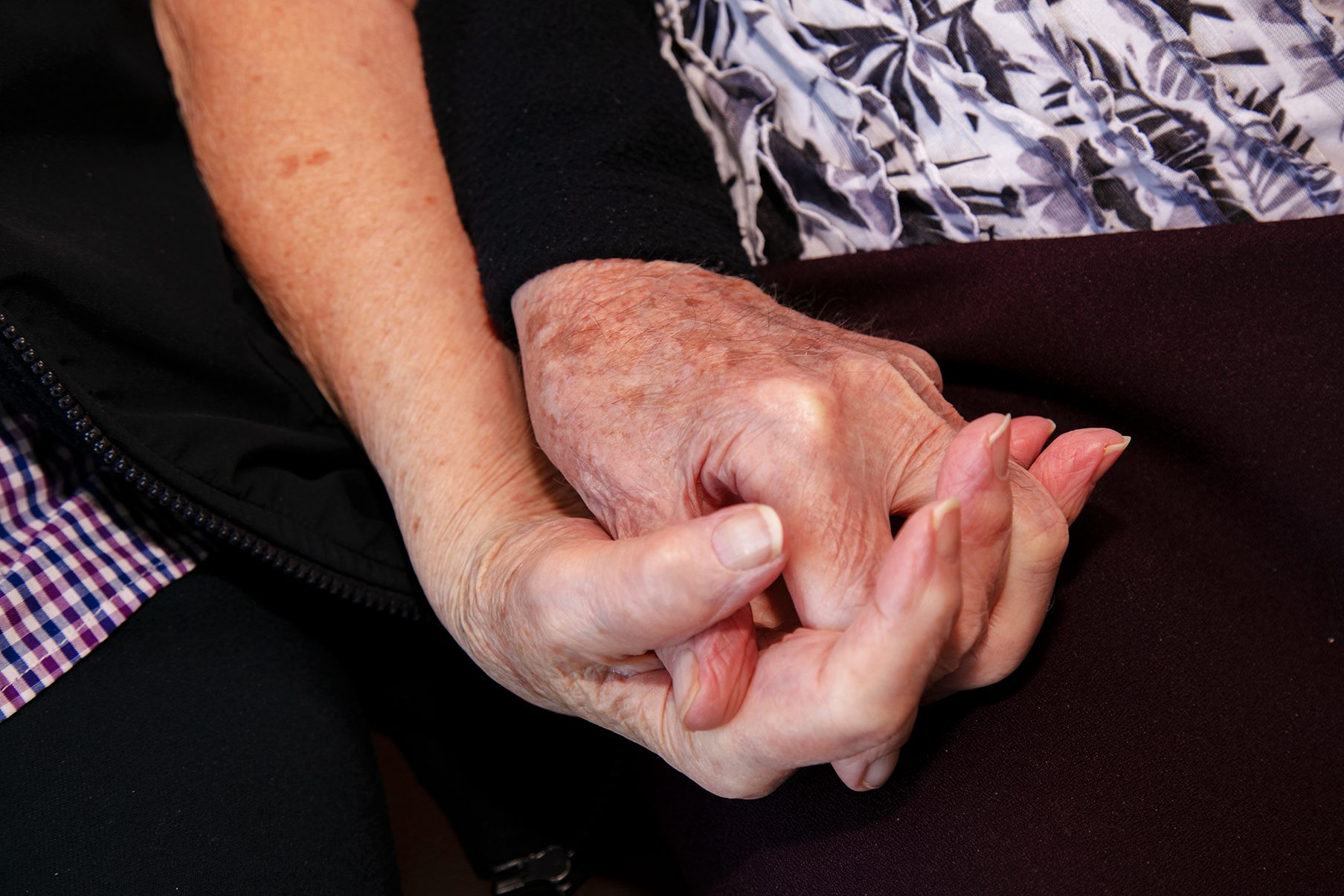The different kinds of dementia
Did you know there are over 100 different kinds of dementia? The most common type is Alzheimer’s disease although Vascuular, Lewy Body and Frontotemporal dementia are also quite common.
Dementia is not a normal part of ageing. It is the name given for a large group of neurological illnesses or conditions. The disease causes a progressive decline in a person’s functioning and how it affects people is different for everyone, as it depends on what part of the brain is affected. There are some commonalities though; progressive and frequent memory loss, confusion, personality change, apathy and withdrawal and loss of ability to perform everyday tasks.
Alzheimer’s disease is the most comment and it disrupts the brains neurons, that is the disease affects how the neurons work with one another. This in turn affects memory recall, comprehension, can cause confusion and impact motivation to initiate tasks including daily care tasks.
Vascular dementia can occur as the result of a stroke which can narrow the arteries that supply blood to the brain. This type of dementia basically occurs when the blood supply to the brain is reduced causing cells to die.
Lewy body disease affects the brain differently again. Tiny structures develop inside the brain cells which disrupts the brain function causing cells to die.
With Frontotemporal disease it depends on the areas of the brain that is damaged as to whether the frontal and/or temporal lobes of the brain is affected.
The disease usually has 3 stages
- With mild or early stage dementia, people generally require minimal support and can have a few problems with memory but can still get by ok.
- Moderate or middle-stage dementia is more obvious. People need support to function at home and in the community. Ie they may not be able to self-initiate self-care and may wander off when out and about the community.
- Severe or late-stage dementia requires a person to be fully supported for care and supervision.
It is important to be aware of the stages as people can move through the stages quite quickly. If caring for someone at home and not prepared with a Plan B, it can be quite stressful from an emotional and practical point of view for the carer.
If a consideration for Plan B is to enter a nursing home, then we recommend investigating nursing homes early on in the piece, so that you have a plan and are not making decisions on the run under stress and possibly in crisis. Read our post here for some handy tips on ‘How to Choose a Nursing home.’
How we can help?
Maroba Caring Communities has a secure dementia wing called Waratah with appropriately trained staff to manage behaviours. Our secure wing has single and shared rooms for those with severe or late-stage dementia and we have other areas in the facility that are suitable for people with moderate or middle stage dementia.
Our social and engagement calendar is varied and caters for all interests helping to keep residents engaged socially, physically and mentally.
Are you ready to find out more information?
We welcome enquiries by phone or email so why not drop us a line? Alternatively, if you are ready to submit an application this can be done on-line now.
Reference https://www.dementia.org.au/about-dementia/what-is-dementia
Supporting resources
Dementia Australia https://www.dementia.org.au/
Dementia Support Australia – offering 24 hour help line https://dementia.com.au/
By Sarah Gamble – Communications Co-ordinator

